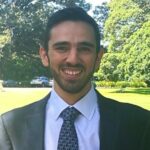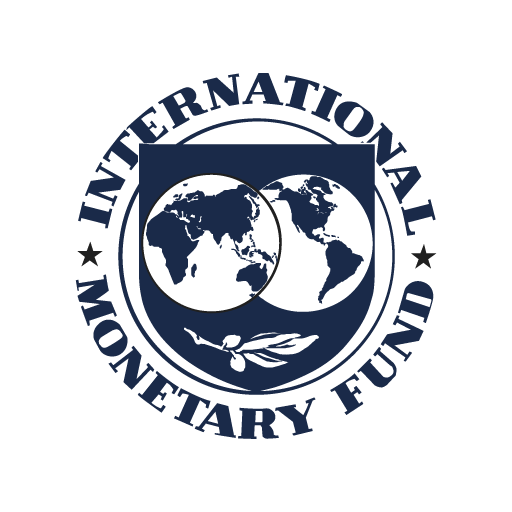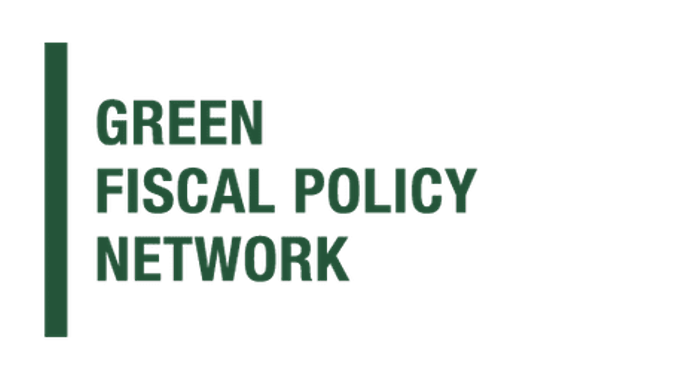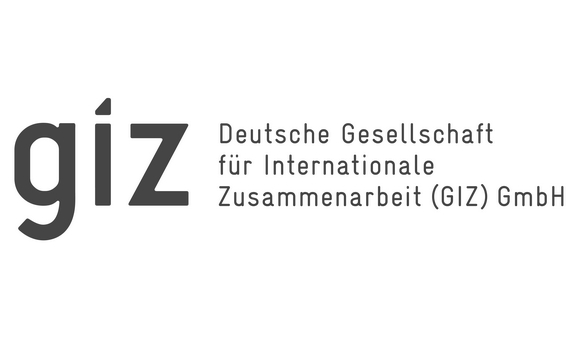The Global Recovery Observatory + SPECIAL REPORT:
Are We Building Back Better?
Are We Building Back Better?
THE OBSERVATORY IS NOW LIVE
On the 10th of March 2021 we launched a major new report with UNEP, using Global Recovery Observatory data to detail recovery efforts in the top 50 economies of the world – and whether these align with environmental goals.
Live stream recording
The global economy has contracted by nearly 4% in 2020. Internationally, more than two million people have died, over 100 million have been infected and many hundreds of millions have been thrown out of work or reduced to poverty. And three planetary crises loom: climate instability, nature loss, and increasing levels of pollution. Efforts to recover from the pandemic must take account of these crises or risk further shocks and take us farther from achieving Sustainable Development.
Our team of international leaders and experts met to ask and answer the questions that matter:
- What is at risk if we fail to build back better?
- Can recovery spending bring strong economic and job impacts while securing environmental progress?
- Have countries been using Covid-19 spending to tackle climate change, nature loss, and pollution?
- How can countries better leverage recovery spending to accelerate the transition to a sustainable and more equitable world?
The conference served as a launch pad for a major new report and data set from the Global Recovery Observatory, detailing recovery efforts in the top 50 economies of the world – and whether these align with environmental goals. The Observatory is now live and features a data visualisation tool developed by the UNDP team.
On March 10 2021:
We launched the Global Recovery Observatory by Oxford and the Green Fiscal Policy Network (UNEP, IMF, & GIZ)
We released the Special Report: Are we building back better by Oxford and the UN Environment Programme
We hosted a panel event with key leaders to discuss key questions for a sustainable and inclusive economic recovery
Image credit (CC): World Economic Forum, World Bank Group/ Grant Ellis, United Nations, Jérémy Barande / Ecole polytechnique Université Paris-Saclay, Oxford Martin School, Gerd Seidel (Rob Irgendwer)













